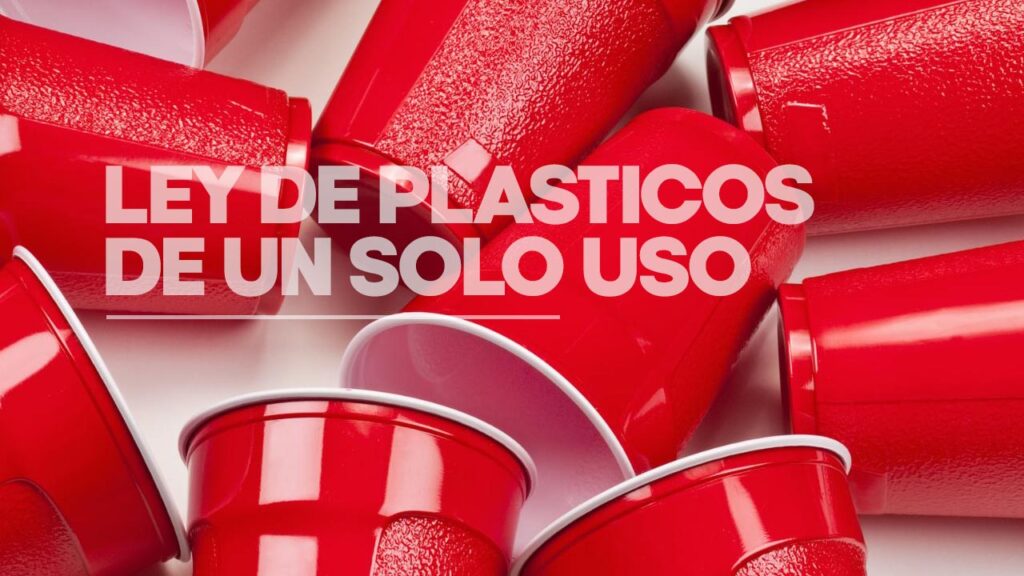Since February 13, 2022, Chile has been enforcing Law 21.368, which regulates the use of single-use plastics and plastic bottles. So, what’s this all about? In simple terms, it bans the use of plastic straws, stirrers, cutlery, and skewers, as well as any foam containers in food establishments like restaurants, cafes, or soda fountains.
This is great news for the country and its ecosystems, especially considering that more than 23,000 tons of single-use plastic are generated each year, according to the Ministry of the Environment.
However, the implementation will be gradual. Starting in August 2024, businesses will be prohibited from offering single-use plastics for consumption inside and outside their establishments. Instead, they’ll be required to provide items made from recycled materials.
As for delivery services, starting in 2024, they will only be allowed to use certified plastic utensils and containers. This means that the items must be made from renewable resources and be compostable. The same rule applies to in-person food deliveries, which will also need to be packaged in biodegradable containers.
Compostable Packaging and Containers
The market is adapting, and for a few years now, there have been alternative containers and packaging made from compostable materials. One example is Green Heart Solutions, a company founded in 2014 that is part of the 50 initiatives featured in Chile’s Food Innovation Catalog, published by the Transforma Alimentos program.
They were selected in the “Sustainable Systems and Zero Waste” category and work with compostable, recyclable materials safe for direct food contact. Veronica Anguita, the company’s founder, explains that they were pioneers in Latin America, offering a full range of 100% compostable products.
Green Heart Solutions offers three product lines that align with the single-use plastics law. Their materials include bagasse (sugarcane), bamboo kraft, and polylactic acid, which they use to make cups, containers, bowls, plates, cutlery, and straws. They also create primary food wrappers using a material called NatureFlex, a bio-packaging film. You can check out their products in more detail [here].
“It’s important to use materials that are 100% compostable at home. Of the global market’s compostable products, only about 10% can actually be composted at home,” explains Veronica Anguita. Her company is already working with the food industry to provide laminating and printing for these eco-friendly packages.
“It’s a positive step that this law has come into effect. We’re at a point where everyone involved in sustainable business needs to work hard to educate. We, as individuals, need to educate ourselves, but it has to be done patiently. There are critics who say businesses will fail because they’ll have to buy more expensive packaging. But younger customers understand perfectly that packaging made from plant-based materials costs more than traditional alternatives. Every country that has implemented these regulations has faced the same situation, so we need to focus on educating consumers,” says the founder of Green Heart Solutions.
Inspection Details
Inspections will be handled by local municipalities, and citizens themselves can report any businesses that don’t comply with the new rules.
The law includes penalties ranging from 1 to 20 UTM (Unidad Tributaria Mensual, a unit of measurement in Chile), depending on the type of infraction and the product being sold.
Créditos: transformaalimentos.cl
Ley de plásticos de un solo uso: alternativas para negocios en la industria alimentaria

